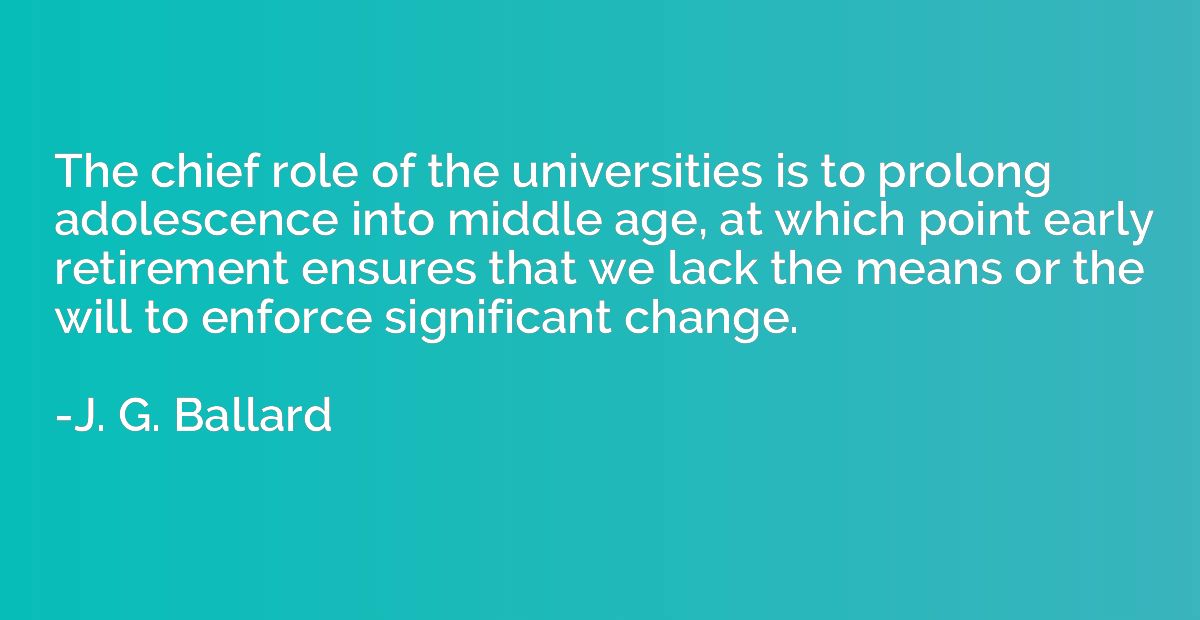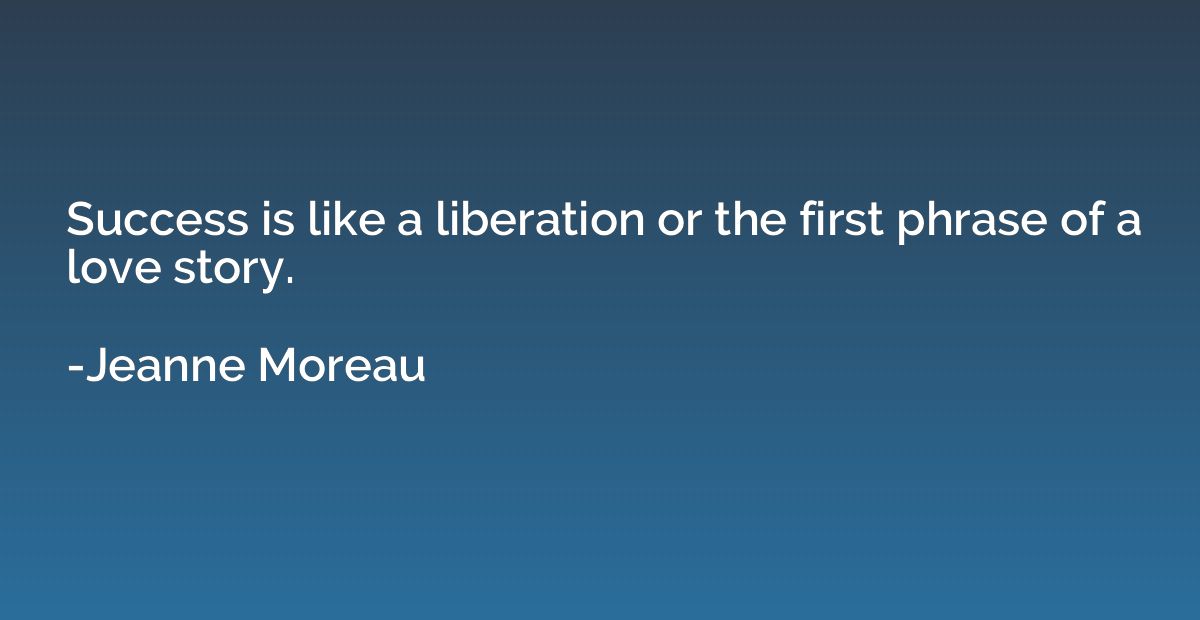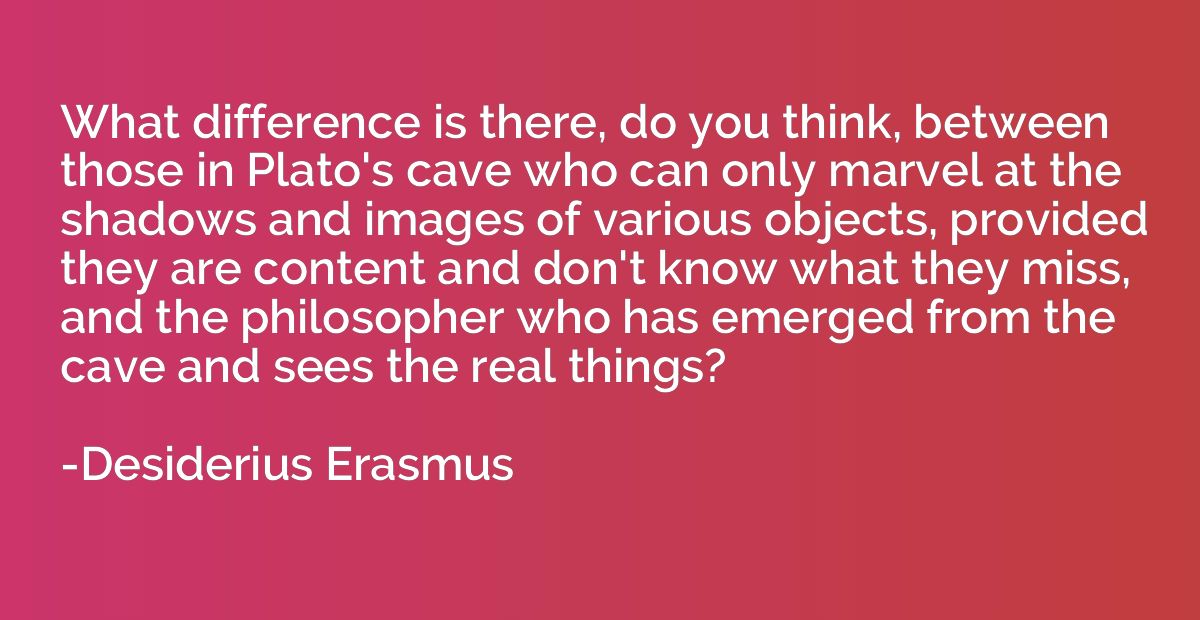Summary
This quote highlights the idea that achieving success in the future requires more than just a casual or carefree attitude. Instead, it asserts that those who possess courage and embrace challenges will be the ones who shape and seize opportunities in the future. It implies that a fearless and determined approach is necessary for navigating the uncertainties and complexities of the future, suggesting that only the brave and audacious individuals will truly thrive and make a lasting impact.















